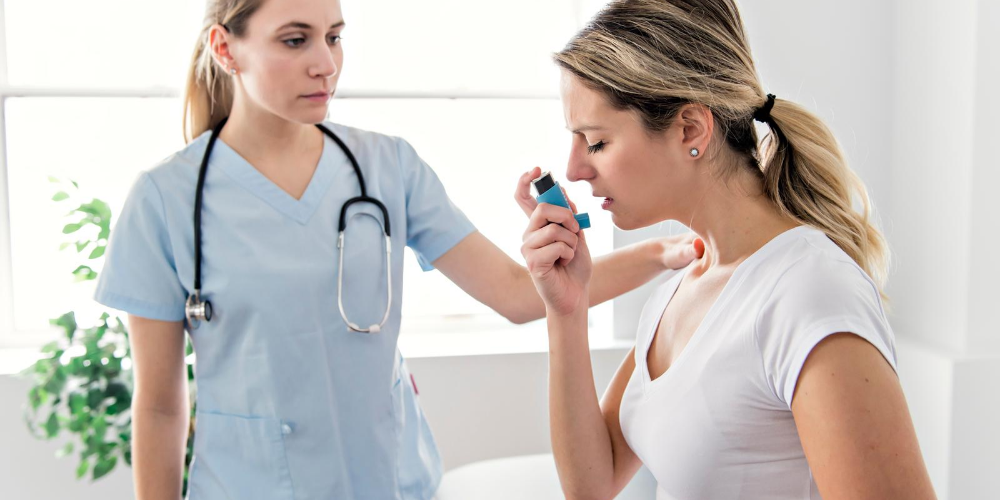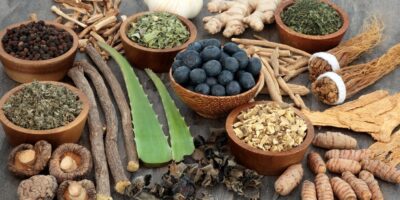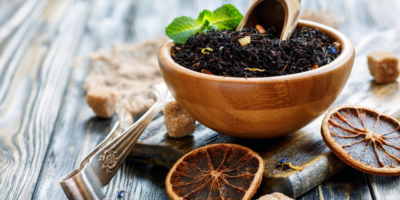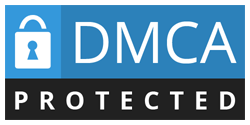Ephedra (also known as Ephedra sinica) is a plant native to Asia and is present in some other regions of the world. They have been used in Chinese medicine for thousands of years to treat asthma, bronchitis, allergies, and cold and flu symptoms. In the 1980s, ephedra became popular outside traditional Chinese medicine for weight loss and enhanced athletic performance. Its popularity continues to increase, and it has been found in many nutritional supplements marketed for weight loss and performance enhancement. However, ephedra contains ephedrine alkaloids that have been banned in some countries (including the United States) because of concerns about health safety.


1. The active ingredient in Ephedra
✅ Ephedra is a long-standing medicine, used based on folklore handed down. In the years 1985-1987 were studied by two Japanese scientists, Nagai and Hamanashi. They extracted alkaloid called Ephedrine and pseudoephedrine (Ephedrine is the active ingredient occupying a high proportion in Ma Hoang, about 1.3%). Since then the Ephesus has been used in both brand-name drugs. However, both increase heart rate, constrict blood vessels, dilate bronchial ducts, and have thermogenic properties to increase body heat and metabolic rate. These alkaloids have been linked to stroke, seizures, mental disorders, and death. Therefore supplements containing any amount of ephedrine or pseudoephedrine are prohibited in the United States.
2. Ephedra health benefits
2.1 Treatment of asthma


✅ Studies have shown that ephedra is effective in controlling nasal congestion, allergic rhinitis, colds, sinusitis, bronchial asthma. The main active ingredients in ephedra are ephedrine and pseudoephedrine. The pharmacological effect of ephedra is primarily that of ephedrine, a substance with a similar formula to adrenalin (a hormone that acts on the vegetative nervous system of the body). Ephedrine stimulates the sympathetic nervous system of the body, has the effect of relaxing the smooth airways, so it is often used in asthma and bronchitis remedies.
✅ However, because of the effects on the nervous system, Ephedrine substance in the Ephedra also causes effects on the cardiovascular system such as hypertension, palpitations, tachycardia, and stroke. Therefore, in the United States and many countries, Ephedra is prohibited to use in functional foods. In some countries, they are included in the “List of toxic medicinal herbs” that need to be strictly controlled in terms of dosage, subjects, and route of administration. The syrup form is good for coughs and asthma, and it is usually safe to drink in low doses and sweet syrup, but it is not completely safe. Use need to be cautious.
2.2 Speed up metabolism and weight loss.


✅ Some studies show that ephedrine speeds up metabolism when the body rests and promotes fat burning in the body. One study found that 24-hour calories burned in healthy adults taking ephedrine were 3.6% greater than taking a placebo. Another study observed that, when obese people followed a low-calorie diet, their metabolic rate dropped. However, taking ephedrine can prevent this. In five studies of ephedrine, people who took ephedrine could lose up to 3 pounds (1.3 kg) of body weight per month (continuously for up to four months).
✅ Before the ephedra was banned, many supplements sold on the market for weight loss also contained caffeine-containing herbs, such as green tea, yerba mate, and guarana. Many studies have shown the effective weight loss effect of ephedrine when combined with caffeine. They speed up the metabolism a lot more than ephedrine alone. However, the combination of ephedra/caffeine is currently thought to increase the risk of cardiovascular complications and is not recommended.
3. The Notes when using ephedra
If you are still in countries that still use ephedra as a supplement to treat asthma and weight loss, you should note the following:
- Do not use ephedra for people with coronary artery thrombosis, diabetes, glaucoma, heart disease, hypertension, thyroid disease, cerebral circulatory insufficiency.
- Continued use of ephedra can cause insomnia and familiarity with the symptoms: agitation, tremor, insomnia, loss of appetite, or nausea.
- Do not use ephedra for children under 6 years of age and for pregnant or lactating women.
- Do not use ephedra with monoamine oxidase inhibitors (IMAO) in the treatment of depression because such a combination can cause severe hypertension, even leading to death.






Leave a Reply